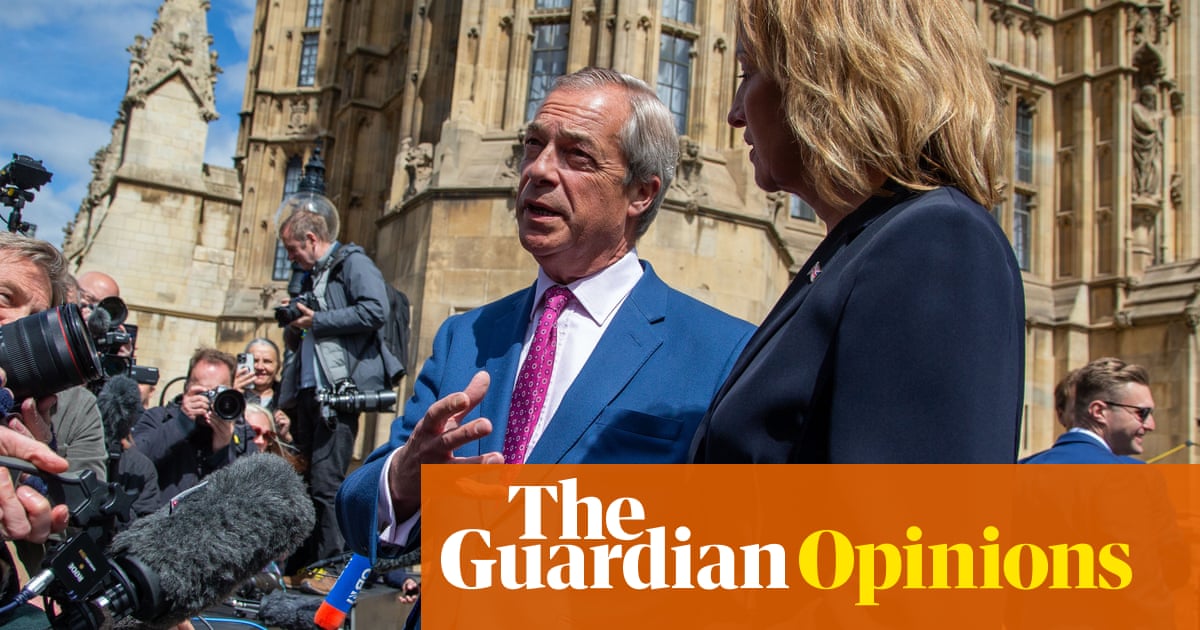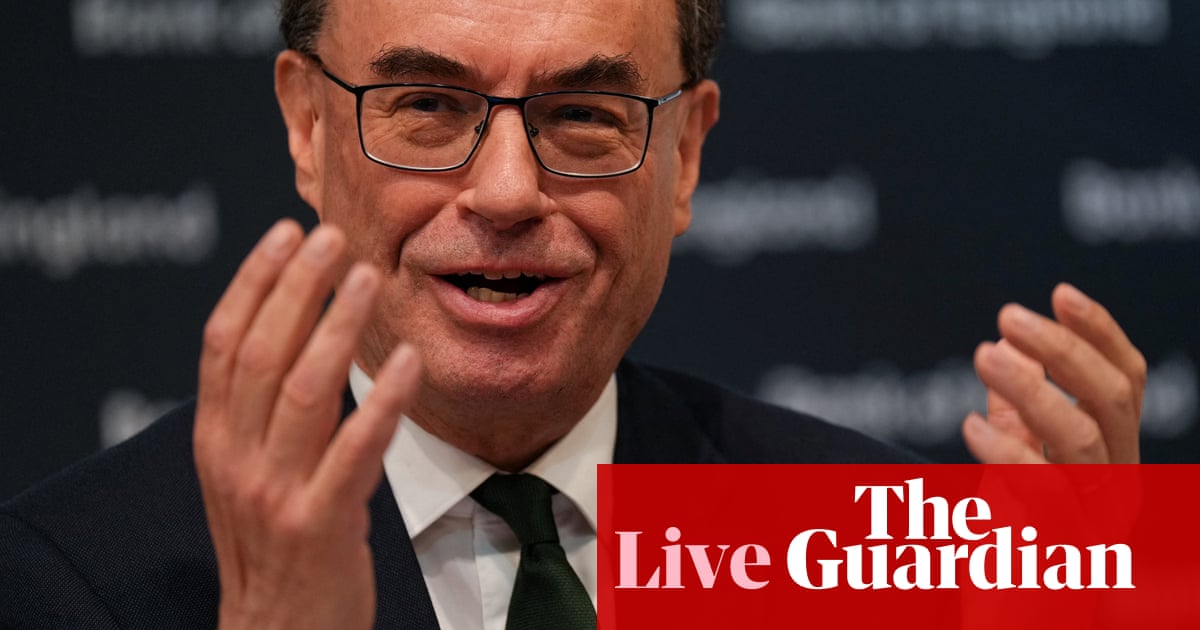European anxiety about Donald Trump’s return to the White House is not shared in much of the world, a poll has shown, with more people in non-western powers such as China, Russia, India and Brazil welcoming his second term than not.
The 24-country poll, which also included Saudi Arabia, South Africa, Indonesia and Turkey, found that Switzerland, the UK, 11 EU nations surveyed and South Korea were alone in feeling Trump 2.0 would be bad for their country and for peace in the world.
“In short, Trump’s return is lamented by America’s longtime allies but almost nobody else,” stated the report by the European Council on Foreign Relations thinktank, adding that his re-election left Europe in particular “at a crossroads” in its relations with the US.
The report also found that many people outside Europe believed the incoming president was committed to ending wars in Ukraine and the Middle East, and saw a Trump-led US as just one leading power among several – including the EU.
“Europeans need to recognise the advent of a more transactional world. Rather than attempt to lead a global liberal opposition to Trump, they should understand their own strengths and deal with the world as they find it,” the report said.
Respondents fell into five groups, ranging from “Trump welcomers”, most common in India (75%), Russia (38%), South Africa (35%), China (34%) and Brazil (33%), to “never Trumpers”, prevalent in the UK (50%), Switzerland and the EU (28%).
Optimism about Trump’s second term was especially pronounced in India – where 82% saw it as a good thing for peace in the world, 84% as good for their country, and 85% as a good thing for US citizens – and Saudi Arabia (57%, 61% and 69% respectively).
Among long-term US allies, responses were very different: 22% in the 11 EU countries surveyed, 15% in the UK and 11% in South Korea said they thought Trump would be good for their country, while only slightly more felt he would be good for peace.
Large proportions in several countries also felt Trump’s return would make peace more likely in Ukraine and the Middle East specifically, including India (65% and 62%), Saudi Arabia (62% and 54%), Russia (61% and 41%) and China (60% and 48%).
Ukrainians were much more reserved, with 39% believing Trump would help bring peace to their country and 35% saying this was less likely, while in Europe and South Korea there was widespread scepticism that Trump 2.0 would make any difference.
Only 24% in the UK, 31% in South Korea and 34% in the 11 EU countries said Trump’s return would make peace in Ukraine more likely, while even fewer (16% in the UK, 25% in the 11 EU countries and 19% in South Korea) felt it would have that effect in the Middle East.
The report’s authors argued that their findings confirmed a general “weakening of the west” and the emergence of a far more transactional, à la carte world, pointing to a strong acceptance in many countries of Russia as an ally or a necessary partner.
Despite Moscow’s brutal war on Ukraine, the survey found that the number of Indian and Chinese people who considered Russia to be their country’s ally had actually grown marginally in the past year, while average US opinion of Russia had also improved.
By contrast, faced with Trump’s return, just one in five Europeans (22%) said they viewed the US as an ally, which is significantly fewer than the 31% who did so two years ago, and half the relatively unchanged proportion of Americans who considered the EU an ally.
Most people in countries including Brazil, Indonesia, China, India, Saudi Arabia, South Africa and Turkey expect Russia’s global influence to grow, but majorities in all those countries plus the EU and UK think China will be the strongest power in 20 years.
after newsletter promotion
US influence is expected to increase, but few believe “Make America Great Again” (Maga) will lead to global dominance. “US geopolitical exceptionalism is beginning to recede,” the authors said, with the US expected to act in future as a “normal” large power.
People around the world also saw the EU as a major global power, with majorities in most countries considering it capable of dealing on equal terms with the US and China. (Ironically, those least likely to share that view were Europeans.)
Majorities in India (62%), South Africa (60%), Brazil (58%) and Saudi Arabia (51%), and pluralities in Ukraine (49%), Turkey (48%), China (44%), Indonesia (42%) and the US (38%), believed the EU would wield “more influence” globally in the next decade.
Moreover, the bloc was widely seen as an “ally” or “necessary partner”, including in countries such as Brazil, India and South Africa. The recent EU-Mercosur trade agreement “shows the kind of deals” a more united EU could make, the report said.
The authors stressed, however, that the west was clearly divided as Trump returns, not just between the US and Europe (and other allies such as South Korea), but also within the EU: some member states were far more welcoming of Maga than others.
“What the EU must do to be taken seriously by Trump’s White House resembles what it must do to make friends and influence people globally,” the report’s authors, foreign policy experts Mark Leonard, Ivan Krastev and Timothy Garton Ash, wrote.
Rather than trying to shape liberal resistance to Trump and “posing as a moral arbiter of everyone else’s behaviour”, Europe should “build its domestic strength and seek new bilateral partnerships to defend its own values and interests”, they said.
-
The report surveyed 16 European countries (Bulgaria, Denmark, Estonia, France, Germany, Hungary, Italy, Poland, Portugal, Romania, Spain, Russia, Switzerland, Turkey, Ukraine and the UK), and eight non-European countries (Brazil, China, India, Indonesia, Saudi Arabia, South Africa, South Korea and the US).

.png) 3 months ago
40
3 months ago
40













































